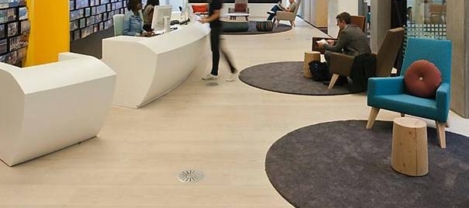January 15, 2016
Three quarters of Millennials will change jobs over the next five years 0
 It must be the time of year but we are suddenly awash with surveys and reports suggesting that pretty much everybody in the UK is about to change their jobs. Following our report earlier in the week that suggests older workers are perfectly prepared to just give up on work completely, it was inevitable that we were about to hear something from those pesky Millennials. Sure enough, along comes a report from Deloitte that suggests that nearly three quarters of Millennials plans to leave their jobs over the next five years. Millennials and their employers: Can this relationship be saved? found that the UK has a higher than average percentage of Millennials planning to change jobs in the next five years, with the average in developed economies standing at 61 percent. Worldwide, forty-four percent of Millennials say, if given the choice, they expect to leave their current employers in the next two years.
It must be the time of year but we are suddenly awash with surveys and reports suggesting that pretty much everybody in the UK is about to change their jobs. Following our report earlier in the week that suggests older workers are perfectly prepared to just give up on work completely, it was inevitable that we were about to hear something from those pesky Millennials. Sure enough, along comes a report from Deloitte that suggests that nearly three quarters of Millennials plans to leave their jobs over the next five years. Millennials and their employers: Can this relationship be saved? found that the UK has a higher than average percentage of Millennials planning to change jobs in the next five years, with the average in developed economies standing at 61 percent. Worldwide, forty-four percent of Millennials say, if given the choice, they expect to leave their current employers in the next two years.


































January 8, 2016
The six things all people need from their workplace 0
by Jane Kendall-Bush • Comment, Facilities management, Knowledge, Workplace design
(more…)